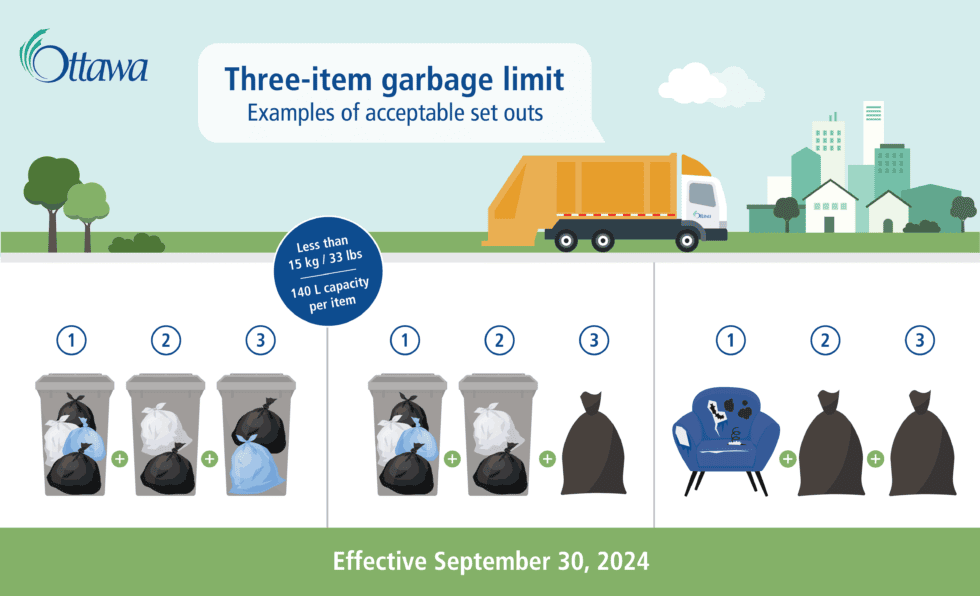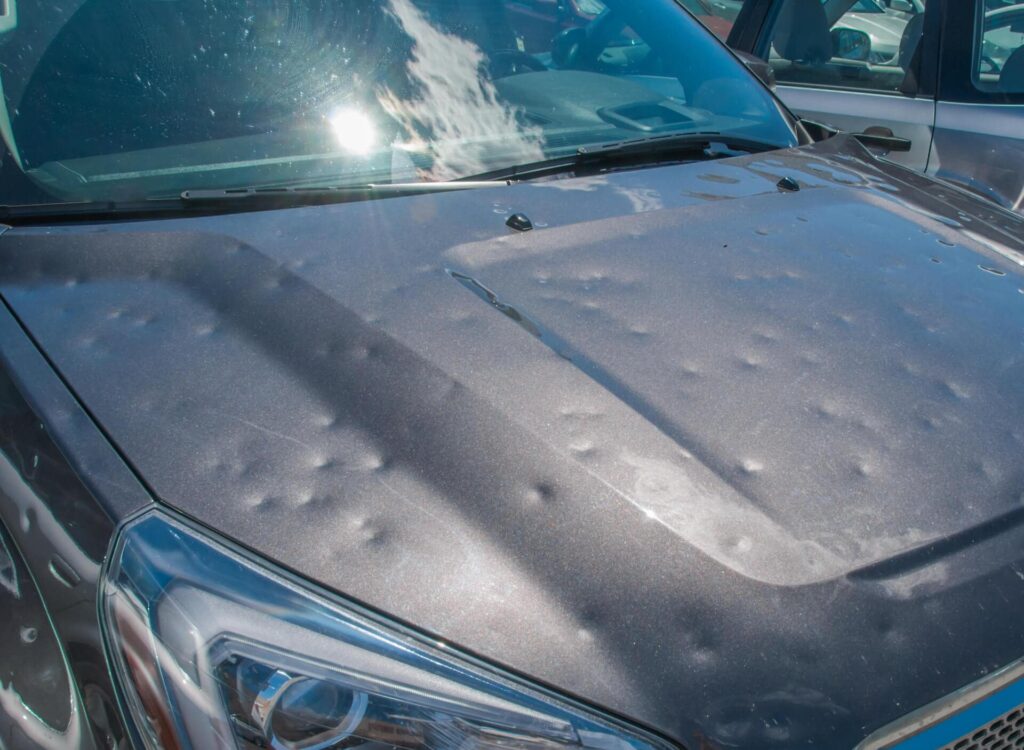Why is Rosh Hashanah before Yom Kippur? On Rosh Hashanah, we are judged, and a verdict is decreed for how our coming year will go. On Yom Kippur, we do tchuva (return to G-d) and we are forgiven for our transgressions. Our Sages tell us that on Yom Kippur G-d tears up the bad decree so that a new better decree can be written.
But why bother writing a whole decree if we are just going to tear it up and write a new one? Isn’t that just a waste of spiritual paper? And with Ottawa’s new 3 item garbage limit, I don’t have room for any extra waste products, spiritual or otherwise…

But seriously. Why didn’t G-d have us do Yom Kippur first. We’d be spiritually cleansed. Then we could go to our court case on Rosh Hashanah and get top marks on every question on the first try!
Rabbi Asher Resnick gives a parable: Imagine a man who is a terrible driver. Every week he gets new scratches and dents in his car. Then every week he goes to a mechanic to fix them all. The man is wasting all his money on covering up the symptoms without actually solving the root issue. What he needs to do instead is go to driving school, fix how he drives, and then once he stops making new problems, go back and have the mechanic do one final fix of his car.

Yom Kippur is like going to the mechanic. On that day, G-d does us a favour and irons out our souls, making them sparkle and glow like the day we were born. Rosh Hashanah is when we can decide to go back to driving school. Rosh Hashanah is the new year, a time for renewal and a chance to wake up and change trajectory from the previous year.
Rosh Hashanah is not just a court case on what you’ve done in the past. It’s a court case on who you are right now. And who you are right now includes the question of who you aspire to be in the future.
We can’t fix everything about ourselves on Rosh Hashanah, but we can change our mindset. We can change who we want to be. We can decide to get those “driving lessons.” We can resolve to do more good this year than the last.
Then when Yom Kippur comes, we’ll be ready, to take that gift of a cleansed soul and run with it.
Shana Tova,
Rabbi A and the JET Team

